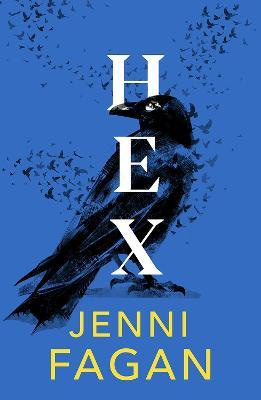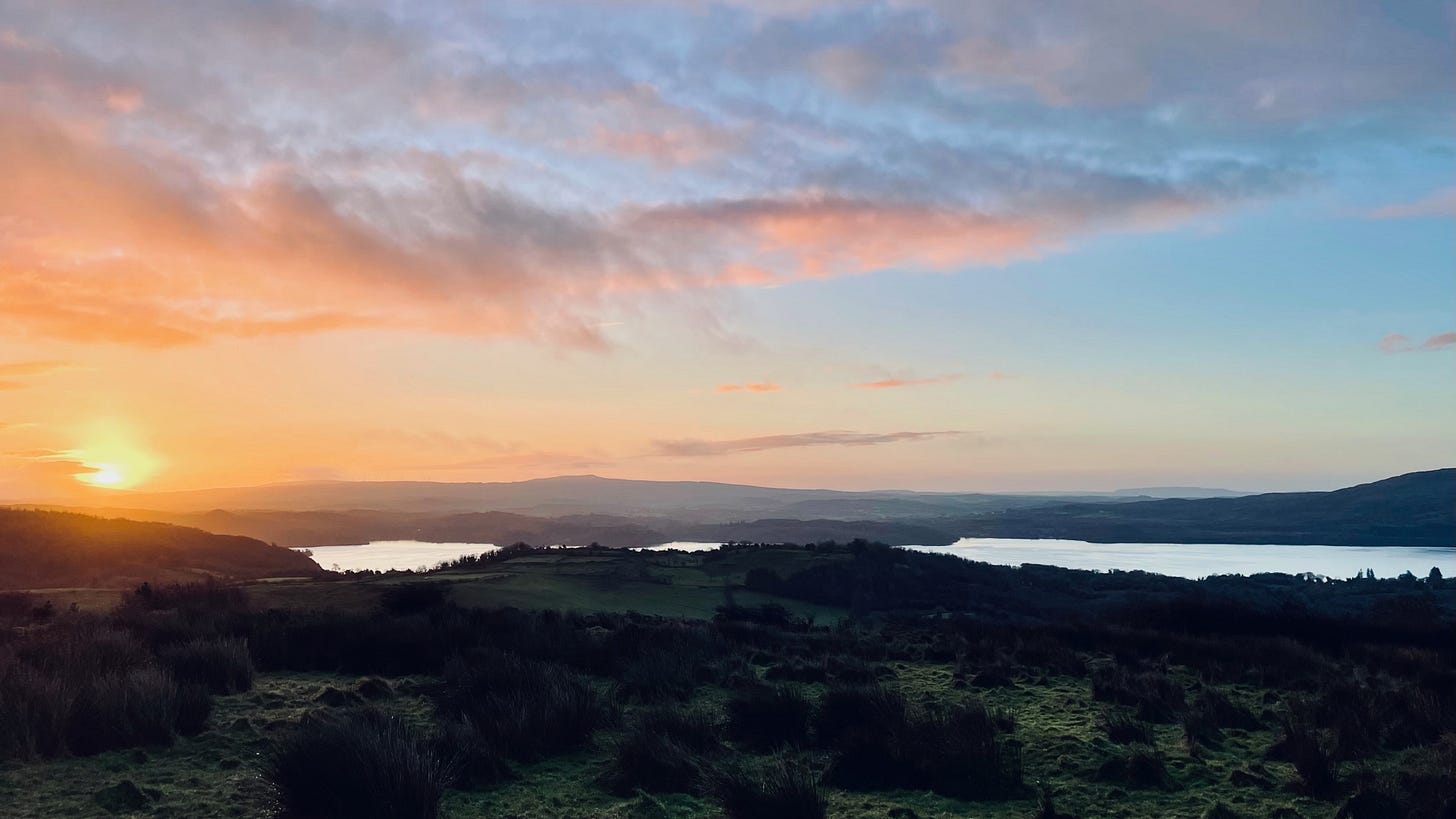This is the first of My Sunday Best, a weekly digest of soul food. Every Sunday, I will send you a brief collation of inspiring things: books, art, photographs, music and anything else that deepens my curiosity or inspires me to live well. I hope you enjoy it.
One of the librarians from Sligo Central Library and I have a shared interest in the witch trials of the late 16th and early 17th century. The first novel I found on the Staff Recommendation shelf was The Witches of Vardø by Anya Bergman.
I could not put this book down. It is historical fiction at its best: compelling storytelling that allows me to look sideways at events I would struggle to observe directly. It explores real events and the underlying hatred and prejudice that drove men in power to hunt powerful women to death.
From there, I learnt the link between King Frederick II who ruled Denmark and Norway at that time and his aunt’s husband, King James VI of Scotland. King James was the instigator and driving force of the ferocious Scottish witch hunts (the very same ruler who authorized the King James Version of the bible).
I then read Hex by Jenni Fagan, the ‘patron saint of literary street urchins.’
Fagan’s novel truly is spellbinding. The book centres around a real person, Geillis Duncan, a young woman with a penchant for stargazing. She is visited in her cell the night before she is hanged for witchcraft by Iris, a modern day woman with a bloodline to the accused. Iris has this to say about the experience of women today:
We try to look bigger than we are sometimes. At other times we have to be smaller than we are. We do other things. Try to take down governments. Make great art. Keep others. With without anyone noticing what we do for whole lifetimes sometimes. We hold hands. Drink too much or not at all. We traverse boundaries whilst looking ordinary. We give beauty and patience and science and our talent and our hearts and what was once firm in our bodies - we bestow our lives to this world, most often unseen.
This beautiful prose is woven throughout a brutal story of misunderstanding and injustice. It challenges me to reckon with the word ‘witch’ and all the ways, if I existed then, it would apply to me.
Loosely connected to this theme is a book I am reading with my children. The House with Chicken Legs by Sophie Anderson is a sparking retelling of the Russian fairytale of Baba Yaga. This wise and warty archetype has so much to teach us about life, death and the veil that separates them. My kids are really enjoying the adventures of the plucky Marinka and her corvid pet, Jack.
If you like to be read to, listen to the marvellous Sharon Blackie reading one of her stories No Country for Old Women here.
I’ll leave you this week with a photo of sunset from where I stand and a beautiful poem by Eva Gore-Booth that describes the very same hills. Have a great week.
Peace
The long and waving line of the blue hills
Makes rhythmical the twilight, no sharp peak
Pierces the kind air with a rough-hewn will
To storm the sky, no soaring mountains seek
To break the melody of the flowing line,
But the hills wander on in a long wave,
And all the while invisible stars shine
Over the sea and white cairn of Maeve.








I’ve come across Geilis Duncan before and hadn’t realised she was a real person. She’s featured in the Outlander series of books by Diana Gabaldan.